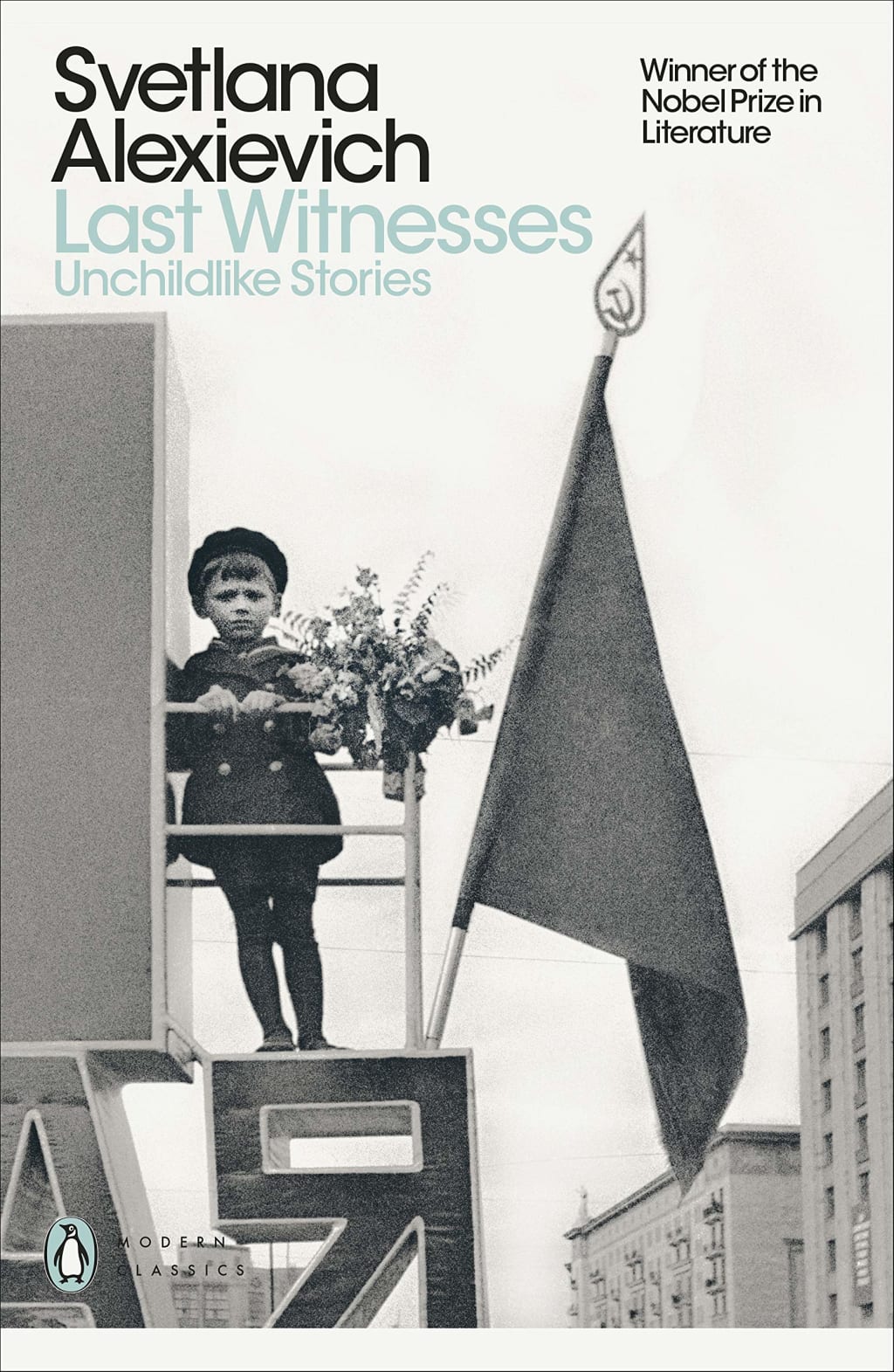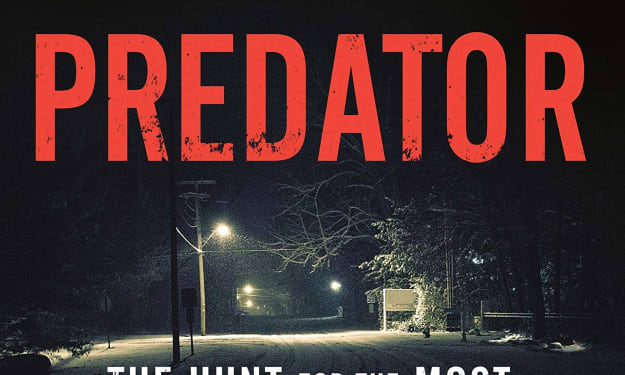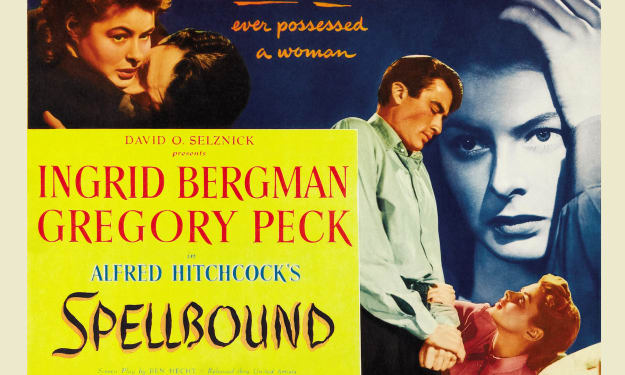Book Review: "Last Witnesses" by Svetlana Alexievich
5/5 - Accounts of a childhood ripped apart by war, famine and death...

Svetlana Alexievich’s nonfiction novel entitled “Last Witnesses” is exactly what it states. It is a bunch of recollections by people, now fully grown Russians, about the Nazi German invasion and what they remember of it from their childhood. From losing their parents to bombs dropping, from hiding amongst rubble to losing cherished childhood memories, from losing their own homes to migrating for safety - this book really does explore all the children and their lives that were impacted by war. Many of them not only lost their parents but lost their sense of belonging - they were flung into the midst of the war with no safety net and, as they grew up you get a clear sense that not a single one of them forgot even a slither of memory of what happened in those dark times. Recounting their tales are people from every walks of life, from the pensioners to the hairdressers, the accountants and the philosophers, the linguists and television technicians, the engineers to the chefs and so on. This book explores what it was like to lose your childhood to a war someone else started and how that memory haunts the country’s youth growing up like a black shadow. Here are some of the most touching quotations that I could see in this text. They were all pretty heartbreaking and I had trouble picking key ones I enjoyed, I hope you like the selection I did choose though.
“Planes flew over the city. Dozens of unfamiliar planes. With crosses. They covered the sky, covered the sun. Terrible. Bombs rained down. There were sounds of ceaseless explosions. Rattling. Everything was happening as in a dream. Not in reality. I was no longer little - I remember my feelings. My fear, which spread all over my body. All over my words. My thoughts. We ran out of the house, ran somewhere down the streets… It seemed as if the city was no longer there, only ruins. Smoke. Fire. Somebody said we must run to the cemetery because they wouldn’t bomb a cemetery. Why bomb the dead? In our neighbourhood there was a big Jewish cemetery with old trees. And everybody rushed in there, thousands of people gathered there. They embraced the monuments, hid behind the tombstones. Mama and I sat there till nightfall. Nobody around uttered the word ‘war’. I heard another word” provocation. Everybody repeated it. People said that our troops would start advancing at any moment. On Stalin’s orders. People believed it.”
This is actually heartbreaking for a child to witness. A child who requires protection from their elders is basically resigned to feeling their amount of fear without understanding it either. This section goes on to the child seeing animals and people dead in the streets and it is just mind-blowing how someone could subject a child to all of this, let alone a whole country of youth when there is war.
“The bombing of Minsk began. Mama and I moved to our neighbour’s stone cellar. I had a favourite cat, she was very wild and never went anywhere beyond our yard, but when the bombing started and I ran from the yard to our neighbours, the cat followed me. I tried to chase her away…But she followed me. She too, was afraid to stay alone. The German bombs made some ringing, howling noise. I had a musical ear and it affected me strongly. Those sounds. I was so scared that my palms were wet. The neighbours four-year-old boy sat with us in the cellar. He didn’t cry, his eyes just grew bigger…”
This is not only horrid in its description of a child and their cat living in a cellar under the floor, but also because there is a four year old sitting near them and he does not understand what is happening. He does not understand that any minute now, he could just die for no reason.
This book is absolutely heartbreaking and gut-wrenching. These children should not have seen such terrifying sights and yet, they remember them as they are much older with such ease. They still remember the sheer terror and the images of the dead as the bombs dropped upon their homes. And it is an image that after you have finished the book - you will certainly struggle to forget too.
About the Creator
Annie Kapur
200K+ Reads on Vocal.
Secondary English Teacher & Lecturer
🎓Literature & Writing (B.A)
🎓Film & Writing (M.A)
🎓Secondary English Education (PgDipEd) (QTS)
📍Birmingham, UK






Comments
There are no comments for this story
Be the first to respond and start the conversation.